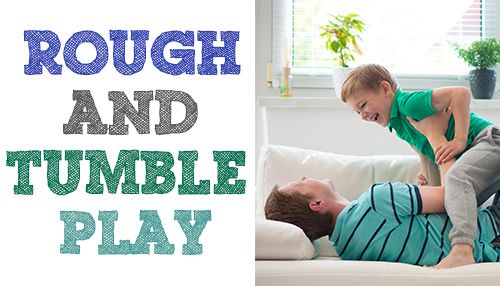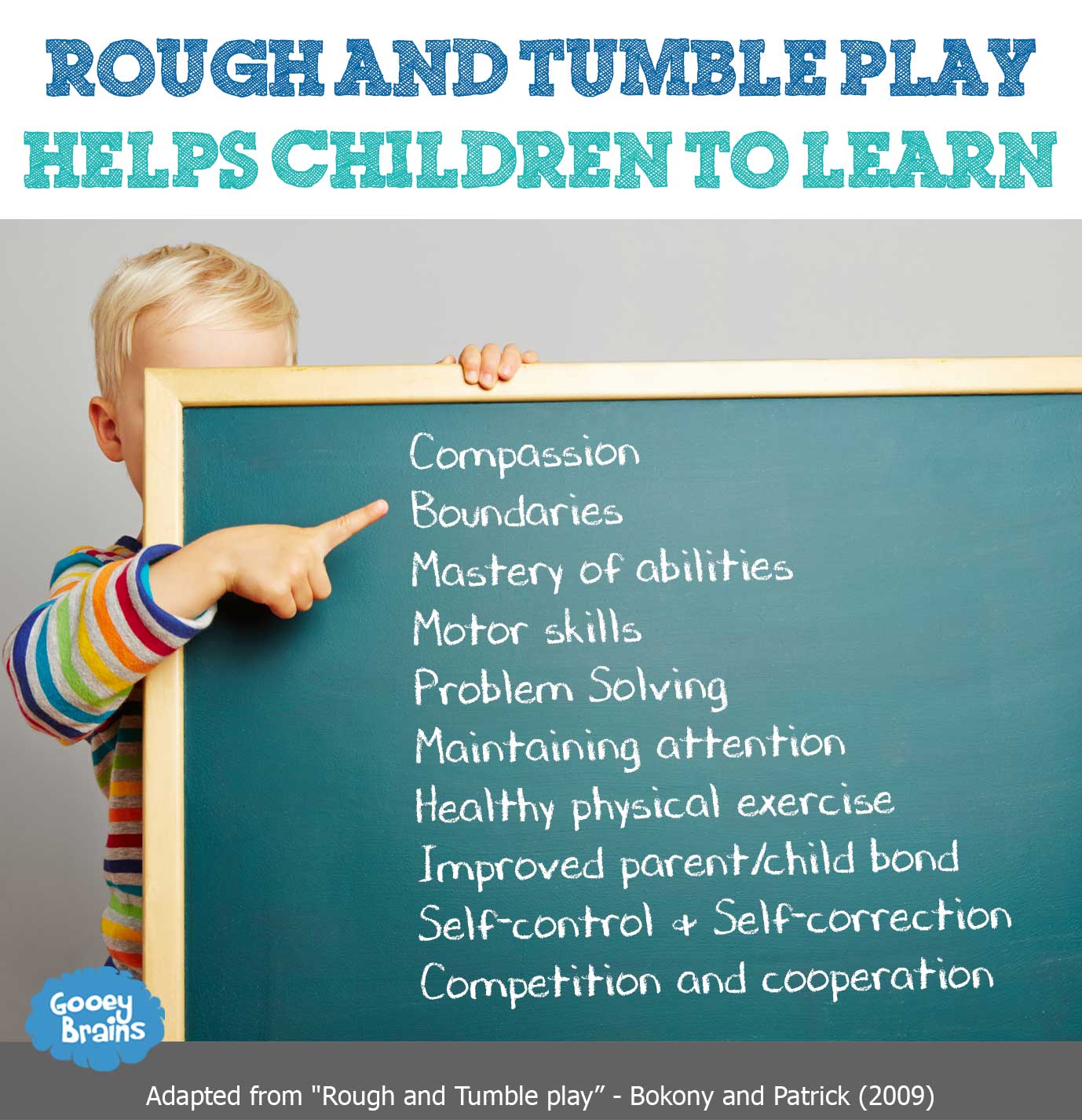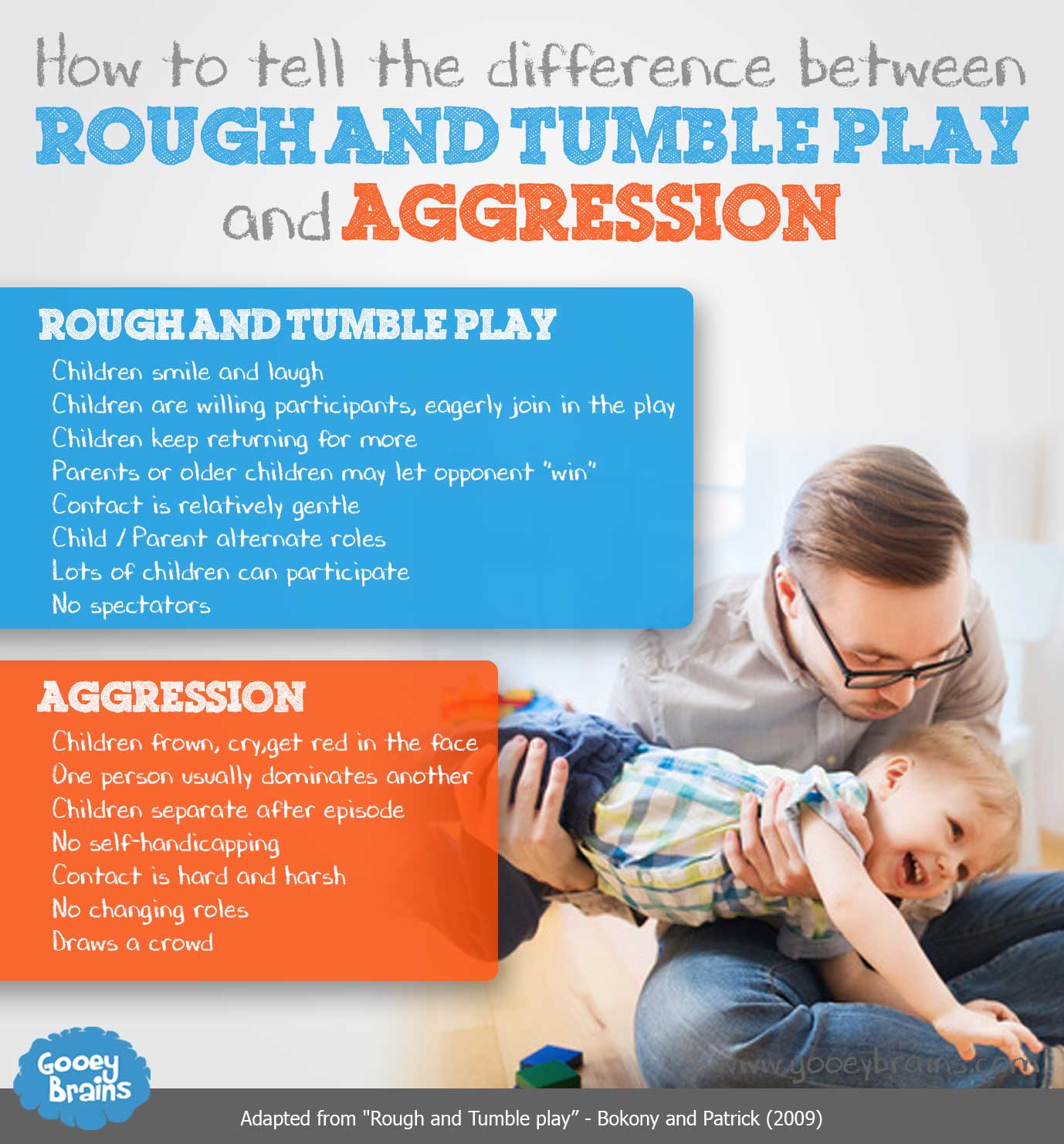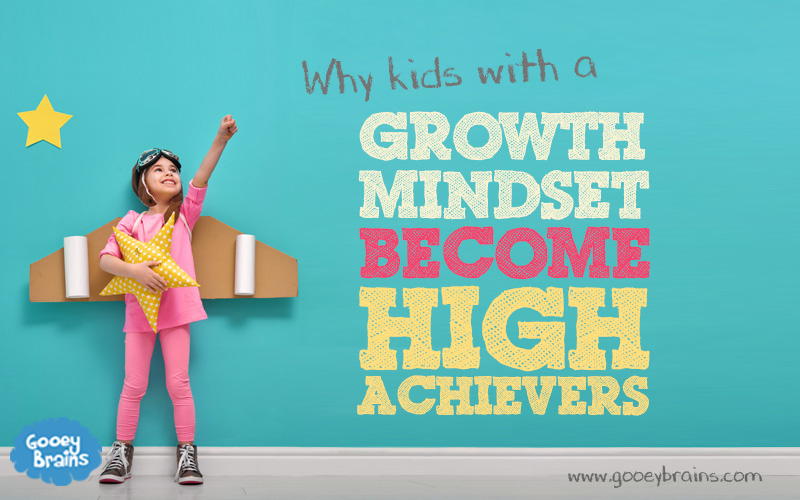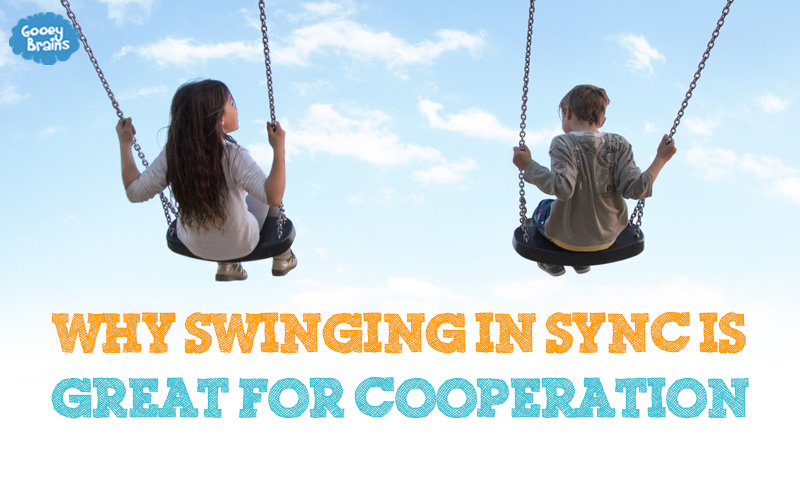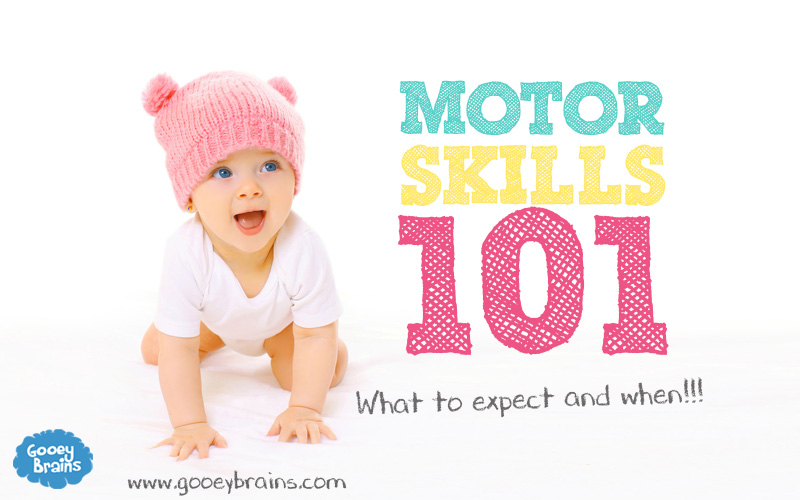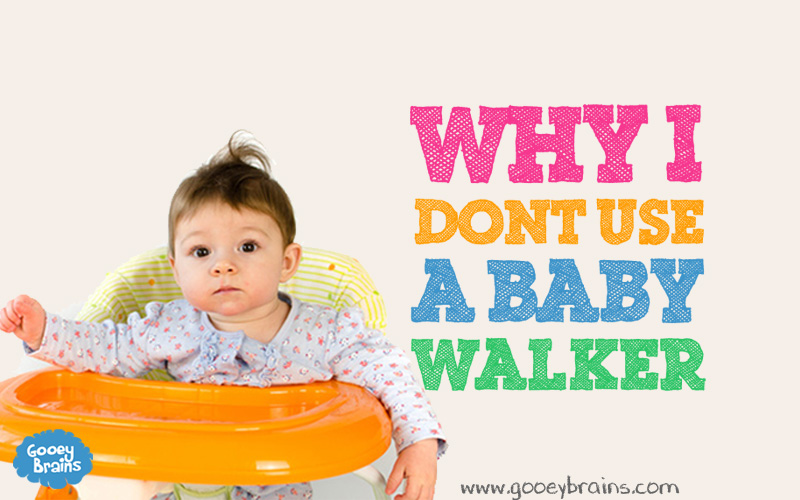The life of a toddler!
If you have a toddler at home, then right now your child may be getting more adventurous with walking, learning language, and starting to get curious about anything and everything! It is such an exciting time in your
child’s development getting to watch them learn and explore and to race around the house baby-proofing everything. So far, their brains have been busy creating billions of neural connections, and they have become equipped with much more brain power than they will ever
need and they are now ready to fine-tune their brains using processes called pruning and conditioning.
These processes help your child’s brain to change and adapt to the world around them! They are developing a super brain equipped to deal with their own unique environment and the challenges within it.
And it’s for this reason that Rough and Tumble play is such an important stage in their development.
What is Rough and Tumble Play?
‘Rough and Tumble’ play is the name given to the type of play where children make physical contact with their parents and others without structured rules. It sometimes looks like wrestling, and it is often accompanied by smiles and roars of laughter.
Rough and Tumble play can look different between different sets of parents and children. In its basic form, it is playing and wrestling with your children. However, the type of play behaviors demonstrated can vary depending on the child’s developmental stage and cultural environment. Some basic examples might include wrestling, tickling, or tug of war.
The most important factor for any rough and tumble play is that the parent remains in the dominant role (mum or dad should always remain in control). As a parent, you will monitor and manage the play interaction making sure that it does not escalate to aggression. You will help your child to test the boundaries and reassure them by remaining in control and never allowing the play to move to a point where it stops being fun.
Ideally, it should begin at around 2 years of age and it is usually common among young and primary aged children.
Why Should We Do Rough and Tumble Play?
This type of play has a lot of benefits, besides being a whole lot of fun! One of the big benefits with this style of play is that as your child’s brain is developing and adapting to their environment, it teaches them to recognize and set boundaries, which plays a key role in the development of their self-control. It provides many benefits that assist your child to develop and adequately equip themselves for future social situations.
Competition and Cooperation
One great learning task of Rough and Tumble Play is the social skills known as competition and cooperation. During this type of play, the child learns about competitive interactions. For example, the child learns about defending themselves and dealing positively with light-hearted conflict. It is thought that children who learn healthy and positive self-defense within a safe environment will be better at standing up for their rights in the future. The child learns to switch between competitive and cooperative states. During the cooperation phase of play, they learn to listen to others and work together with them by understanding their viewpoint.
Bonding with your children
Another key benefit of Rough and Tumble Play is the bonding that occurs between
child and parent. This style of play can happen with either parent (mum, dad, or any other significant adult), but has been traditionally undertaken by the father in many countries. This has tended to be influenced by cultural factors, but it is now recognized as a type of play that mothers can engage in and enjoy. There are two aspects to bonding with your child, these are:
– Safety and comfort: Rough and Tumble Play forms an important part of the child and parent attachment. The child comes to experience comfort, joy, safety and pleasure in the parents’ company. The child learns to trust a parent whilst in vulnerable situations.
– Exploration and risk: Rough and Tumble Play helps the child in learning boundaries, taking risks, making mistakes and returning to the safety and comfort of the parent for acceptance. For example, a child will be corrected by the parent if they are too rough or bossy. Rough and Tumble Play also provides an opportunity for children to explore social norms and cultural values. For example, a parent might teach a child that cheating or lack of empathy is not acceptable.
Play Versus Fighting: The Common Misconception
Rough and Tumble play amongst children is often misinterpreted as fighting. Children themselves do rough and tumble play to explore and build relationships and to test the limits of their body. This type of play has been demonstrated across many cultures worldwide and is thought to be a natural form of play.
Self-Control and Self-Regulation
One of the most important benefits of Rough and Tumble Play is the development of self-regulation and self-control. It requires mastery over emotions and it uses a lot of brain power! When pre-schoolers practice Rough and Tumble Play, we see the benefits when they start school. For example, they show improvements in:
– Paying attention
– Switching from one task to another
– Withholding from doing something, or stopping doing something (inhibiting a response)
How to do Rough and Tumble Play With Your Children
When you Rough and Tumble Play with your children remember to remain in control at all times. Quality play provides the opportunity for your child to test boundaries, without allowing them to burst into tears or become emotionally or physically hurt!
A key to maintaining quality play is to be sensitive to where your child is at in that moment in time and to not go over the top in your interactions with them. So, wrestle, grapple and tumble away… but always ensure it is controlled and that there is dominance swapping (let them feel like they are winning sometimes!). You should see smiles, giggles, and shrieks of delight! If you are getting it right, you will both be having a really fun time together. Rough and Tumble Play can be a great way to engage in mindful parenting with your kids!

